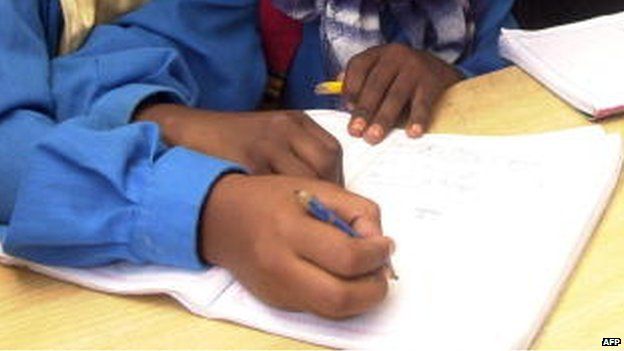Somalia's government launches postal service
- Published

Somalia's government has launched its first postal service in more than two decades.
It has also introduced postcodes nationwide for the first time in the country's history.
The postal service fell into disuse when long-serving ruler Siad Barre's regime collapsed in 1991.
Its reintroduction is the latest sign that some normality is returning to Somalia after more than two decades of clan and religious-based conflict.
Last week, Somalia's first-ever cash withdrawal machine was installed in the capital, Mogadishu.
Minister of Posts and Telecommunications Mohamed Ibrahim said Somalis would now be able to receive letters from abroad.
The next phase would be to make it possible for them to send letters to friends and relatives who live abroad, he said.
Mr Ibrahim told the BBC he was excited about the re-launch of the service.
Many young Somalis had never been exposed to a postal service, and he would be "very happy" to teach them about "something that is taken for granted around the world", Mr Ibrahim said.
Most Somalis communicate via email and mobile phones or send handwritten letters via friends.
African Union and government forces are battling an insurgency by militant Islamist group al-Shabab.
It has been driven out of most of its urban strongholds and its leader Ahmed Abdi Godane was killed in a US air strike last month.
However, the group still carries out sporadic attacks in cities and controls large swathes of territory in rural areas.